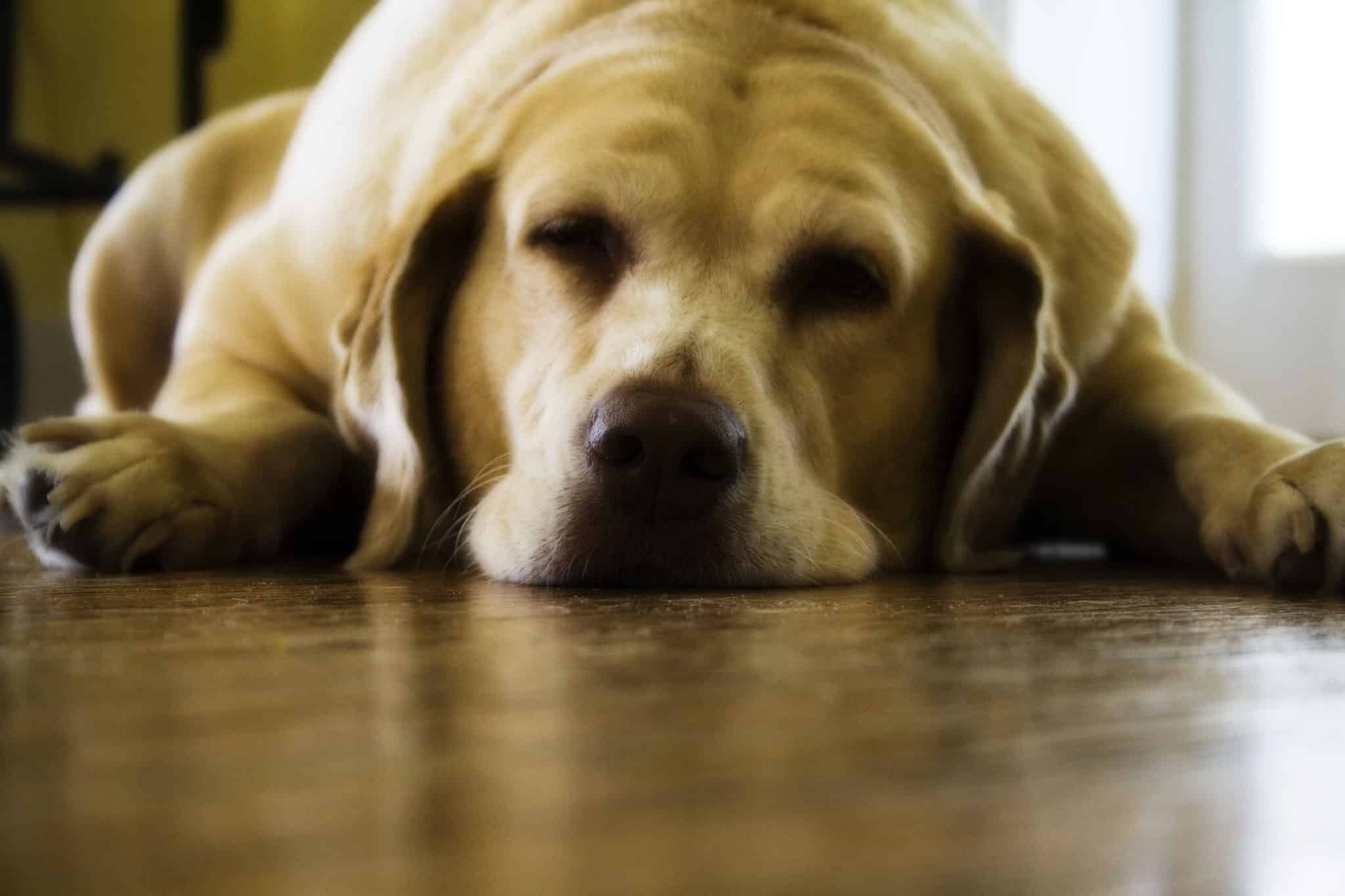
Dan Snow grew up on a farm in Nebraska, where one of his jobs was to remove the dead mice sometimes found floating in his family’s well. After enough times looking at the water and thinking “We’re drinking that stuff?” he convinced his mom they should have their well water tested.
“I have to imagine that that influenced my career trajectory,” said Snow, now a hydrochemist at the University of Nebraska–Lincoln (UNL). A few decades after getting his own well tested, he helped to launch the Know Your Well program, which provides high school students in Nebraska with the tools and training to test water quality in local wells.
Federal guidelines recommend testing wells once a year, and testing is particularly important in domestic (private) wells, which can be more vulnerable to contamination because they don’t have the same treatment and monitoring protocols as public water systems. However, fewer than 30% of domestic well owners in Nebraska have done such testing.
Know Your Well’s mission is twofold: to engage teenagers in hands-on science, technology, engineering, and mathematics (STEM) work and to gather more information about water quality across the state as part of an effort to keep Nebraskans healthy and informed. The program has partners at local and regional agencies, such as natural resource districts, who visit classrooms and provide their expertise on local water issues.
Students in the program are “collecting real data and interacting with real chemistry and making this Capital-C Chemistry—kind of scary thing—a lot more manageable,” said Sara Brock-Contreras, a Ph.D. student in the UNL School of Natural Resources studying social science, with a focus on hydrology. “What influence can that have on community decisionmaking and individual decisionmaking?”
Brock-Contreras, whose graduate studies have centered around Know Your Well since 2022, will present research exploring these questions on 11 December at AGU’s Annual Meeting 2024 in Washington, D.C.
Out of the Classroom and into the World
Know Your Well launched in 2017 and has worked with more than 30 schools and hundreds of students. Using test kits and guidelines provided by the program, these students have tested more than 300 private wells for contaminants, including nitrate, nitrite, pesticides, metals, and coliform bacteria. Students test for some contaminants in the classroom, send samples off to UNL’s Water Sciences Laboratory to run more tests, and then share the results with well owners.
“Seeing [contaminants] in somebody’s water is really interesting, and just knowing that they are out there and they’re not just on some chart or table.”
Mackenzie Vanness, now a senior, participated in Know Your Well during the 2023–2024 academic year as part of her chemistry class at Wausa High School in northeastern Nebraska. She and her classmates tested several wells in the community, including the well on her family’s property.
“You’re testing the water, you’re coming back to the classroom and testing it here too, and just kind of doing all these things to potentially help somebody down the road,” she said. “Seeing [contaminants] in somebody’s water is really interesting, and just knowing that they are out there and they’re not just on some chart or table.”

Mary Boden, manager of the Nebraska Department of Health and Human Services’ Public Health Environmental Lab, said she thinks Know Your Well is a good program to get teens interested in science, but she doesn’t necessarily think well owners should rely on the data coming from the project.
“I would take all [the data] with a grain of salt,” she said. “There’s lots that goes into quality data, especially when it comes to things like nitrates and bacteria.”
Brock-Contreras said the Know Your Well team recognizes that student-gathered data aren’t the same as those gathered by formally trained scientists. But because of the thorough training and quality chemistry kits students use, as well as research by the program’s former manager showing that the student test results tend to align relatively well with UNL lab results, Brock-Contreras said Know Your Well researchers still feel comfortable reporting results back to well owners and using the data for research purposes.
For Locals, by Locals
As a social scientist, Brock-Contreras is focused on studying the outcomes of students who participate in Know Your Well. Many community science projects are voluntary or extracurricular, which means only some people have the time or the resources to participate.
“That tends to play out in very specific demographic biases for race and socioeconomic status and gender,” she said.
“People just listen to these kids.”
In contrast, because Know Your Well is part of the curriculum, students are required to participate, making these groups of young scientists more representative of their communities. This inclusion means more equitable opportunities for students as well as an increased likelihood that community members will listen to what they have to say.
A few years ago, Brock-Contreras presented some of her research to state decisionmakers at a water conference. During her talk, people listened politely, but when a group of high school students presented their work from Know Your Well, the audience was rapt.
“People just listen to these kids,” Brock-Contreras said. “It definitely influences their excitement and enthusiasm for the program, because who doesn’t love kids? Who doesn’t love water?”
—Emily Dieckman (@emfurd), Science Writer







Leave a Comment